
Our mission is to empower our readers with the latest information related to Dermatology, ensuring the general public is well-informed about skin health.
The articles posted on our website are original entries written by a qualified dermatologist and we have tailored medical illustrations to help explain medical conditions, procedures and treatments to our readers in a visual and easily understandable manner. We look forward to providing comprehensive dermatological information, including answering a number of commonly asked questions related to skin health. We hope our platform would foster a community of readers who have a deep understanding of various skin conditions, treatments and prevention strategies.
We plan to regularly update the content to reflect the latest guidelines and advances in the field of Dermatology. In time, our vision, is to involve other medical specialities so as to offer a multidisciplinary approach when addressing various aspects of skin health.
Thank you for supporting Dr Glo.
 Common Skin Conditions
Common Skin Conditions Paediatric Conditions
Paediatric Conditions Skin Cancer
Skin Cancer Infectious Skin Conditions
Infectious Skin Conditions Other Skin Conditions
Other Skin Conditions Treatment & Management
Treatment & Management Prevention & Skincare
Prevention & Skincare


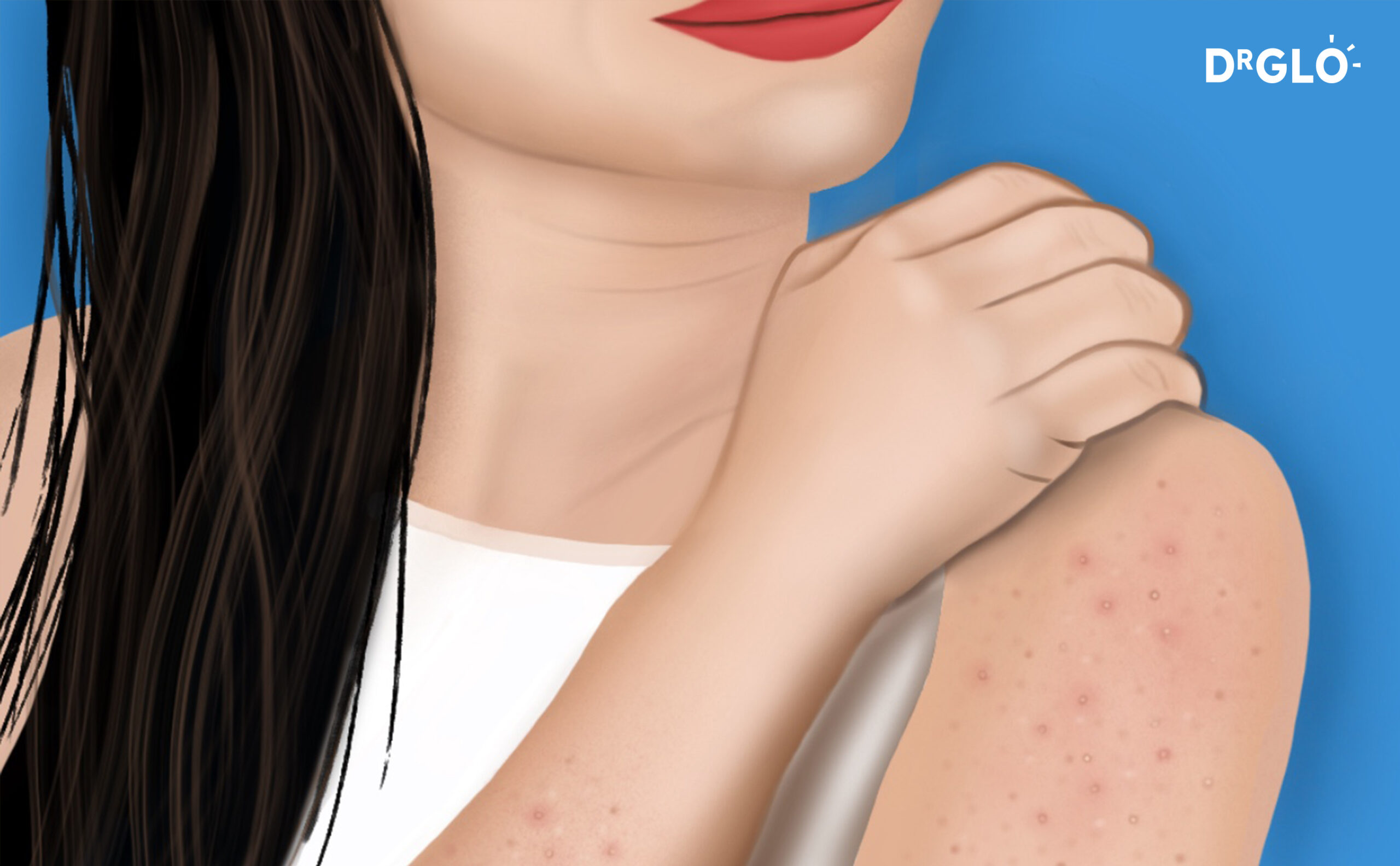

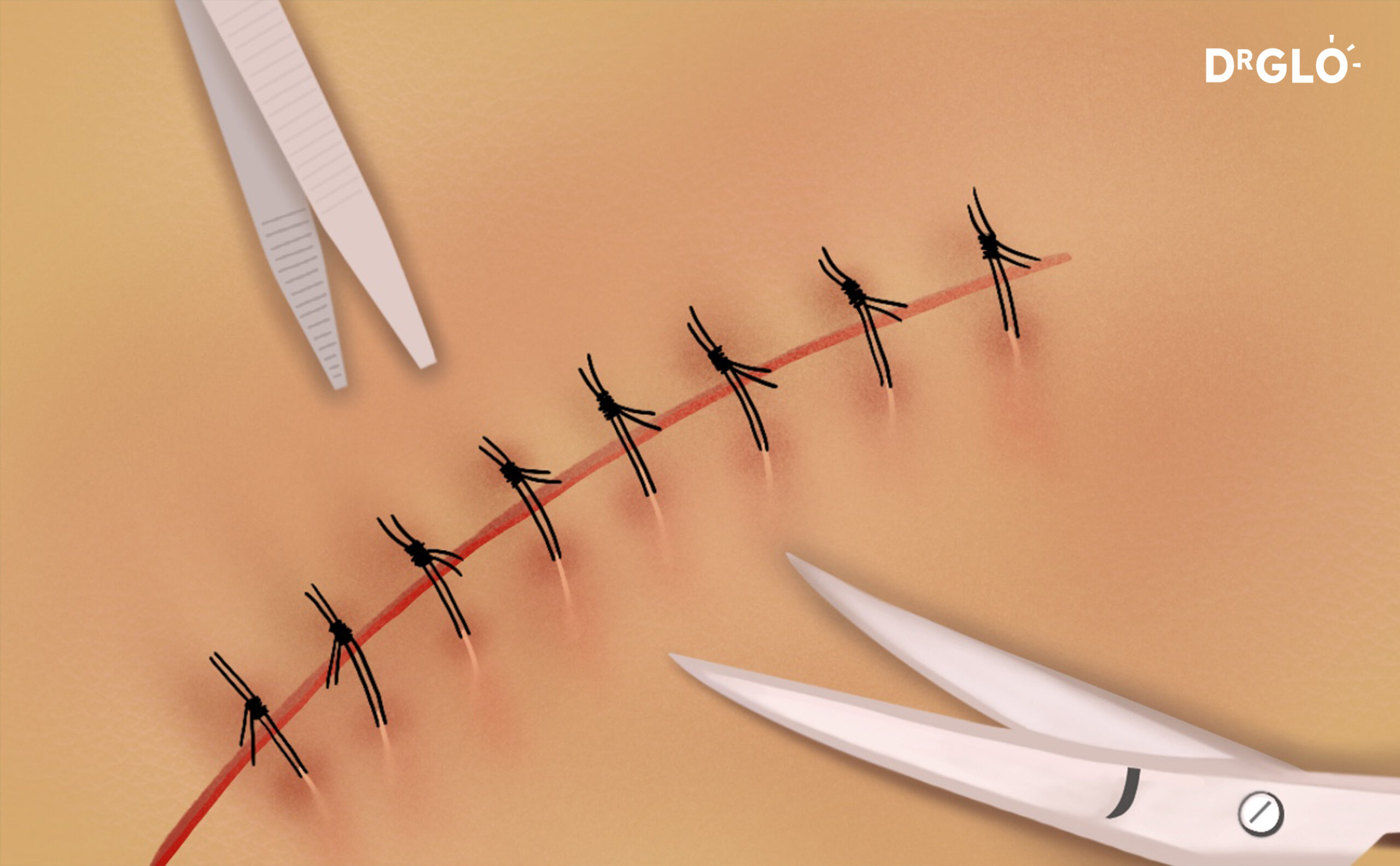
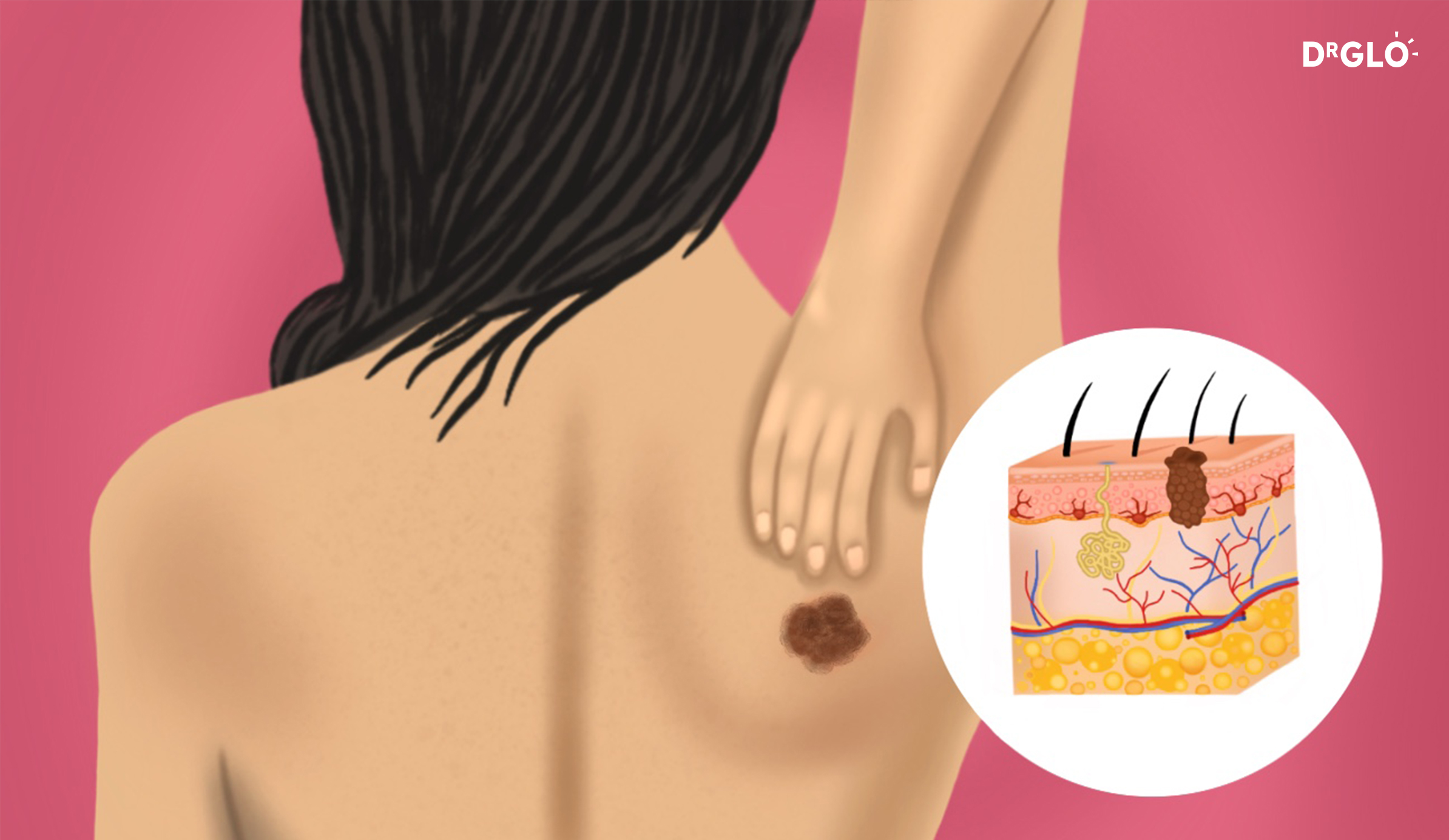
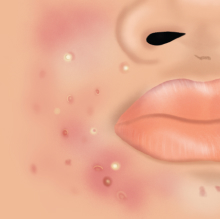

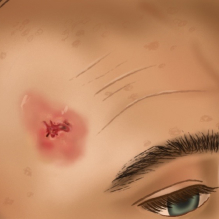

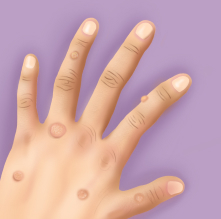

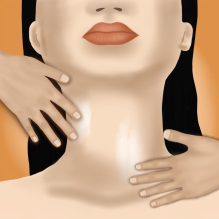
Popular Articles